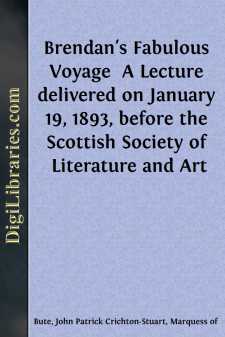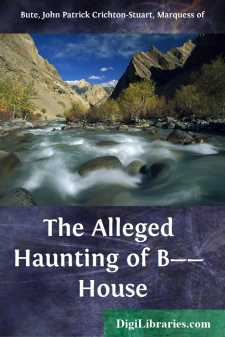Categories
- Antiques & Collectibles 13
- Architecture 36
- Art 48
- Bibles 22
- Biography & Autobiography 816
- Body, Mind & Spirit 145
- Business & Economics 28
- Children's Books 17
- Children's Fiction 14
- Computers 4
- Cooking 94
- Crafts & Hobbies 4
- Drama 346
- Education 58
- Family & Relationships 59
- Fiction 11834
- Foreign Language Study 3
- Games 19
- Gardening 17
- Health & Fitness 34
- History 1378
- House & Home 1
- Humor 147
- Juvenile Fiction 1873
- Juvenile Nonfiction 202
- Language Arts & Disciplines 89
- Law 16
- Literary Collections 686
- Literary Criticism 179
- Mathematics 13
- Medical 41
- Music 40
- Nature 179
- Non-Classifiable 1768
- Performing Arts 7
- Periodicals 1453
- Philosophy 66
- Photography 2
- Poetry 897
- Political Science 203
- Psychology 45
- Reference 154
- Religion 516
- Science 126
- Self-Help 85
- Social Science 82
- Sports & Recreation 34
- Study Aids 3
- Technology & Engineering 59
- Transportation 23
- Travel 463
- True Crime 29
Our website is made possible by displaying online advertisements to our visitors.
Please consider supporting us by disabling your ad blocker.
Brendan's Fabulous Voyage A Lecture delivered on January 19, 1893, before the Scottish Society of Literature and Art
Categories:
Description:
Excerpt
II.
It has been thought desirable to reprint the Essays and other short Works of the late Marquess of Bute in an inexpensive form likely to be useful to the general reader, and thereby to make them more widely known. Should this, the second of the proposed series, prove acceptable, it will be followed by others at short intervals.
[A Lecture delivered on January 19, 1893, before the Scottish Society of Literature and Art.]
Brendan, the son of Finnlogh O' Alta, was born at Tralee in Kerry, in the year 481 or 482. He had a pedigree which connected him with the rulers of Ireland, and thus perhaps secured for him a social prominence which he would not otherwise have enjoyed. Nature seems to have endowed him with an highly wrought and sensitive temperament. Putting aside altogether the idealism which caused him, like so many others of his time and race, to give himself to the Church, he displayed throughout life a restlessness which led him to constant journeys, sometimes of the nature of migrations, and the constant inception of projects to which he did not continue long to adhere; and in the statements about him there are elements from which I conjecture that he was probably of the class of persons who furnish good subjects for hypnotic experiments. When he was a year old he was handed over to the care of the nun Ita, when she dwelt at the foot of Mount Luachra. With her he remained until he was seven years old, when she sent him to Bishop Erc, by whom he had been baptized, but during the whole of her life, which lasted nearly as long as his own, he never ceased to regard and to treat her with all the affectionate reverence of a son. His education was continued under Erc, until he grew towards manhood, when he visited other parts of Ireland for the sake of study, but it was to Erc that he returned to be ordained to the Presbyterate. At that period there was a sort of passion among the Celtic clergy for retiring into deserts after the manner of the monks and hermits of Egypt, and the islands of the Western and Northern ocean, if they could show nothing like the burning sands of Africa, supplied deserts enough of a different sort. It was only in accordance then with a common custom of his day, that Brendan, after his ordination, set out by sea with a few companions, to find a place where to found a monastery. It is to be remarked also that this was just about the time of the migration of the Royal Race of the Dalriads to the country which has ultimately received from them the name of Scotland, and the project therefore bears a strong resemblance to that in which Columba succeeded about 60 years later. If Brendan had not failed, perhaps Columba would not have come. The wanderings or explorations of Brendan and his companions appear to have lasted several years, during which it may be presumed that they were in the habit of laying up somewhere for the winter. It was doubtless partly owing to the restlessness which was a part of his nature, that he finally settled nowhere, and returned to Ireland.
...



